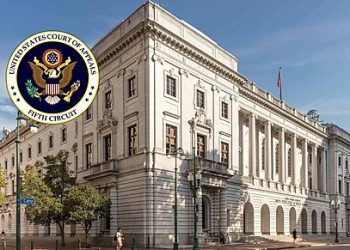UK inflation has eased to 3.6% in the year to October — its lowest level in four months — helped by slower increases in household energy costs and falling hotel prices.
However, food inflation picked up again after a brief dip, underlining the ongoing pressure on household finances just a week before the government delivers its highly anticipated Budget.
The latest figures from the Office for National Statistics (ONS) show inflation slipping from 3.8% in September, though the fall was not as sharp as economists had forecast. The reduction strengthens hopes that price pressures have peaked and could pave the way for future interest rate cuts, even as inflation remains above the Bank of England’s 2% target.
Chancellor Rachel Reeves said she remained “determined to do more to bring prices down”, acknowledging that the cost of living “is still a big burden on families across the country”. Reeves is expected to make easing cost pressures a central theme of the Budget, which is likely to include a mix of tax rises and spending cuts to stabilise the public finances.
The biggest upward pressure in October came from food and non-alcoholic drinks, with food inflation rising to 4.9%, up from 4.5% the previous month. Prices for bread, meat, fish, vegetables, chocolate and confectionery all increased, though fruit became slightly cheaper.
The Food and Drink Federation said rising costs for ingredients, energy and “regulatory burdens” — including packaging levies and higher National Insurance — continued to push up prices across the sector.
ONS chief economist Grant Fitzner said the main factor driving down the headline rate was a much smaller rise in household energy bills compared with last year. The Ofgem price cap increased by just 2% in October, compared with a 9.6% spike in 2023.
Hotel prices also fell between the summer and winter period — a typical seasonal trend — but dipped more sharply this year, pulling inflation lower. Fuel prices, however, rose again, increasing transport and delivery costs.
Inflation within the supply chain remained elevated, with raw material costs and factory gate prices still rising.
The Bank of England held interest rates at 4% earlier this month after inflation remained stubbornly high through the summer. But analysts now believe easing price pressures could prompt the Bank to cut rates at its 18 December meeting.
Rob Wood, chief UK economist at Pantheon Macroeconomics, said a December cut was now “nailed-on”, though he expects a long gap before the next reduction.
Underlying inflation also improved: both core inflation (which excludes food and energy) and services inflation fell in October — signs the Bank of England will view positively as it assesses the pace of future price rises.
The inflation figures have sharpened the political debate as the government prepares its first Budget. Reeves is reportedly considering measures such as cutting taxes on energy bills or introducing deflationary spending adjustments to support the wider fight against inflation.
Shadow chancellor Sir Mel Stride said inflation “has been above target every single month since Labour’s last Budget”, leaving families “worse off”.
Liberal Democrat deputy leader Daisy Cooper urged the Chancellor to “look this small gift horse in the mouth” and introduce emergency support, including a VAT cut for the hospitality sector and immediate reductions in energy bills.
Lower inflation, if sustained, will reduce pressure on mortgage holders and borrowers more broadly.
Sarah Coles, head of personal finance at Hargreaves Lansdown, said the country was “heaving a sigh of relief”, but warned that households were “far from out of the woods”.
Read more:
UK inflation falls to 3.6%, lowest level in four months, as Budget looms
















